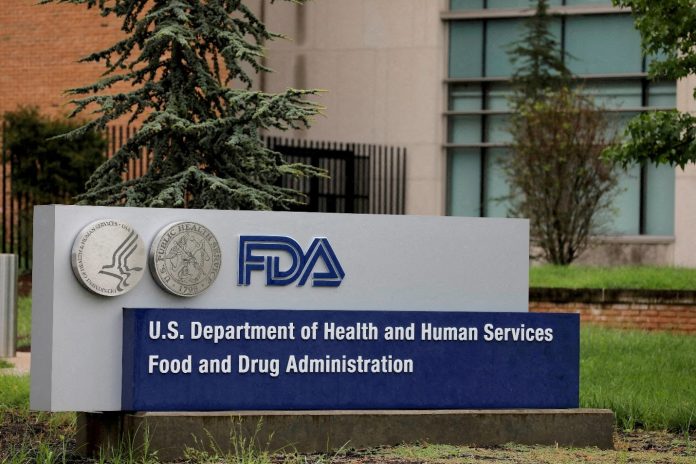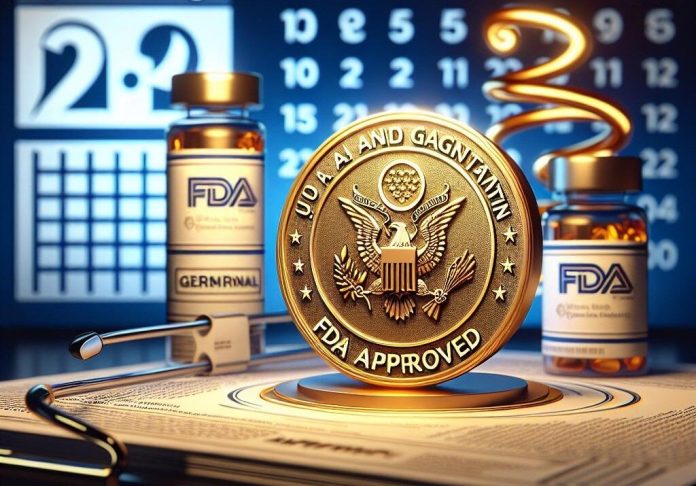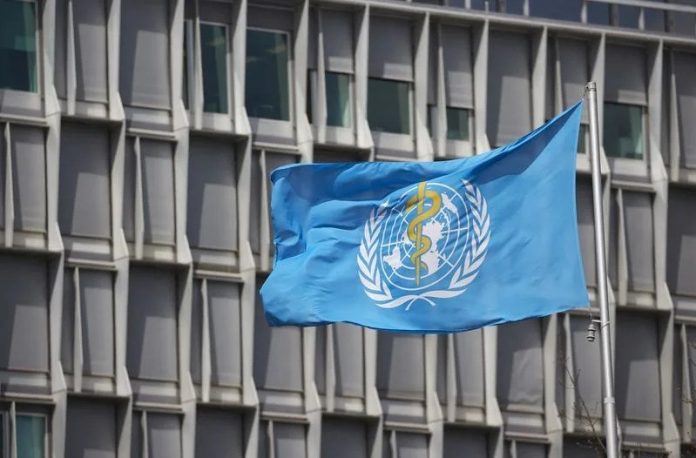US FDA adds strongest warning to Sarepta’s Elevidys after fatal liver injuries
The U.S. Food and Drug Administration said on Friday it approved new labeling for Sarepta Therapeutics’ (SRPT.O), opens new tab gene therapy Elevidys that includes its most serious safety warning and restricts use of the treatment to walking patients with Duchenne muscular dystrophy, or DMD.
The agency added a boxed warning to the therapy after two non-ambulatory pediatric patients died from acute liver failure following treatment. The new label removes approval for use in non-ambulatory patients entirely, limiting the drug to ambulatory patients aged four and older.
In July, Sarepta voluntarily paused distribution of the $3.2 million gene therapy for non-ambulatory patients after the FDA issued a safety communication following the deaths.
The label changes significantly narrow the patient population eligible for Elevidys.
“This update serves as a reminder that while gene therapy breakthroughs bring promise and hope, serious questions remain about the safety and long-term outcomes of these therapies,” a spokesperson for DMD advocacy group Parent Project Muscular Dystrophy said in an emailed statement to Reuters.
“For the Duchenne community, these changes will mean a clearer understanding of who is eligible to receive the therapy and what monitoring is required to help ensure safety.”
The FDA’s label revision comes after what has been a year filled with challenges for Sarepta. The company has grappled with disappointing clinical trial outcomes, safety concerns tied to Elevidys and falling sales.
The new labeling includes recommendations for weekly liver function tests for at least three months after treatment and advises patients to remain near an appropriate medical facility for at least two months after taking Elevidys.
The FDA is also requiring Sarepta to conduct an observational study with periodic liver function assessments, enrolling approximately 200 DMD patients who will be followed for at least 12 months after receiving Elevidys.
DMD affects roughly one in 3,500 to 5,000 male births worldwide, according to Johns Hopkins data.











